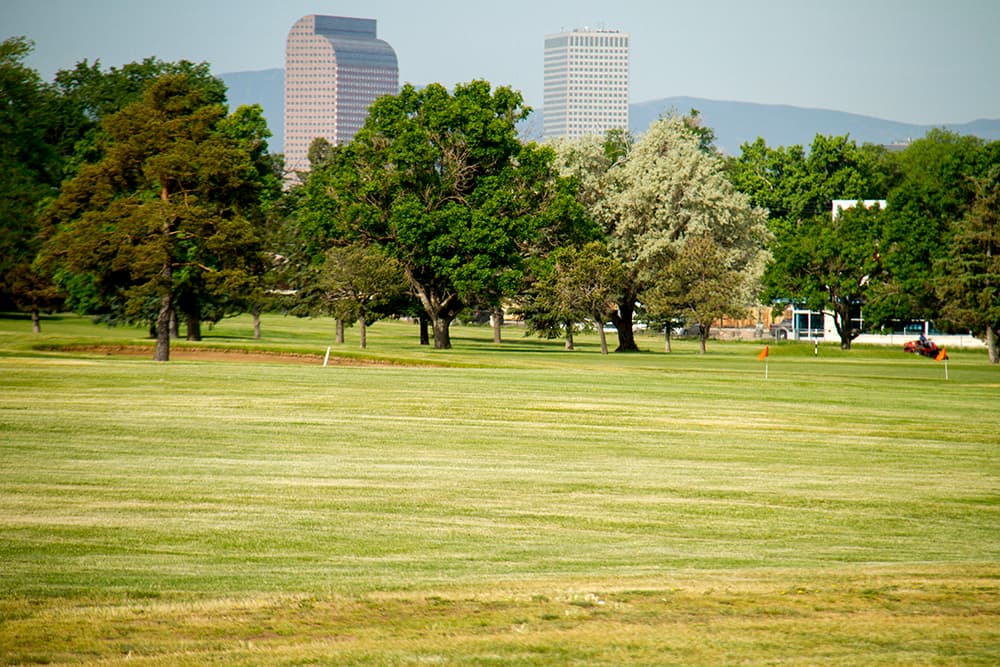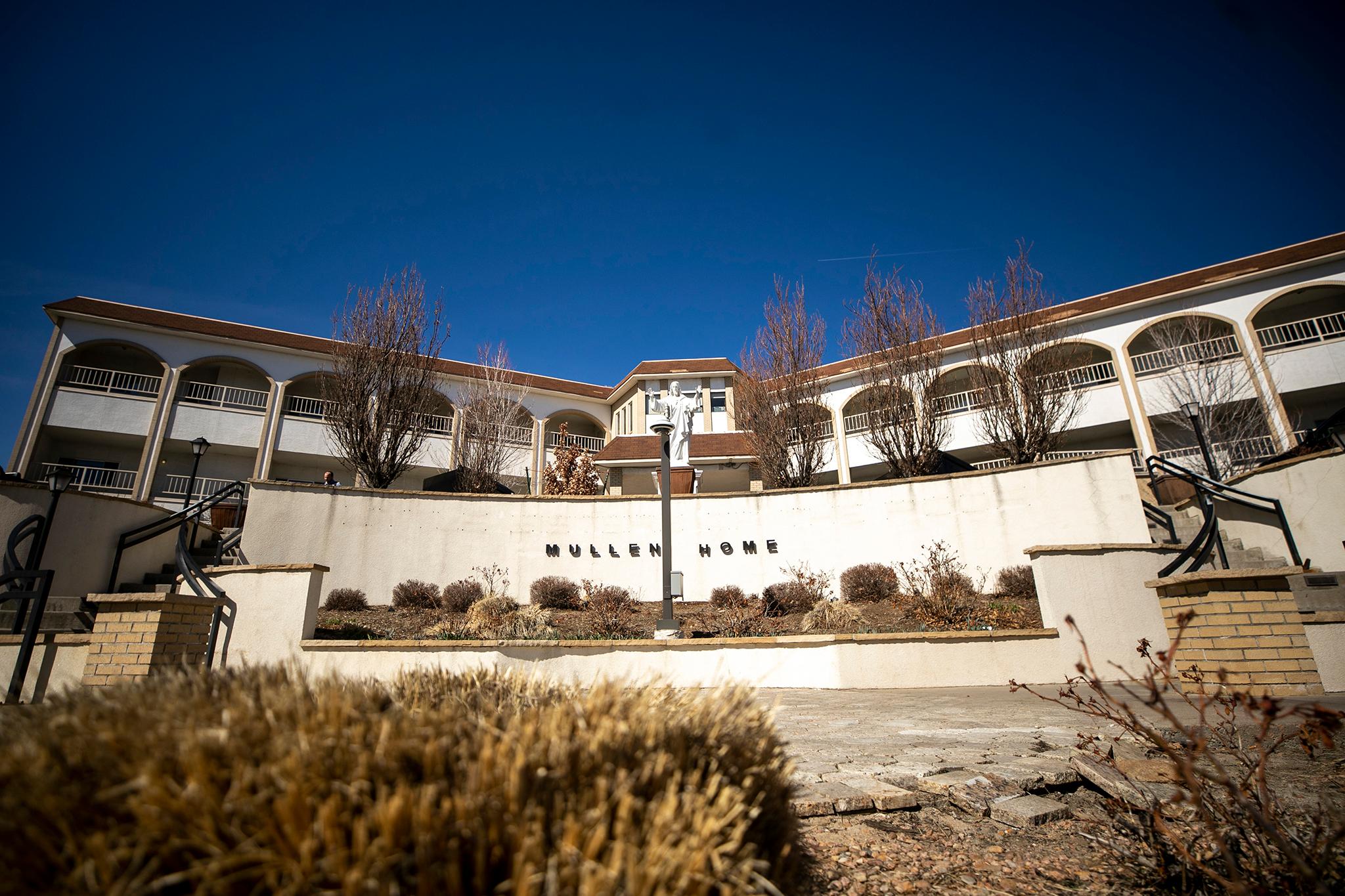Activists who want to stop homes and businesses from being built on a defunct Park Hill golf course have pitched a ballot measure that would require Denverites to vote before development could occur on that site and other park-like lands in the city.
The Park Hill open space saga is long and complicated, but here's the quick-and-dirty:
There are 155 acres of grass and trees sitting along Colorado Boulevard, fenced off to the public, that once housed the Park Hill Golf Club. Some people want to see the land rise into a new district of homes, businesses and parks. Others want to see the land preserved and used as a public park.
Westside Investment Partners, a development firm, owns the land. The company has plans to build places to live, work and play near the 40th and Colorado RTD station. While a $6 million settlement last year ensured a public process and approval from the Denver City Council prior to any development, some open space advocates say a 1997 conservation easement on the site prevents any development at all.
The ballot measure, filed by five activists including former state legislator and Denver mayoral candidate Penfield Tate III, would give voters the ability to block commercial and residential development. If the question makes it to the ballot and voters approve, commercial and residential development on land with conservation easements would require a citywide vote to move forward.
The Denver Election Division approved the initiative's language last month. Activists must collect 8,265 signatures by July 6 to get the question in front of voters in November. If they collect those signatures by October 18, the question would make the November 2021 ballot. Collecting signatures poses risks because of COVID-19, so Councilwoman Candi CdeBaca is lobbying her colleagues to refer the measure to the November ballot with a city council vote.
This article was updated to correct an error in reporting. The ballot measure would require voter approval for commercial and residential development. It would not automatically block development on the golf course property.













